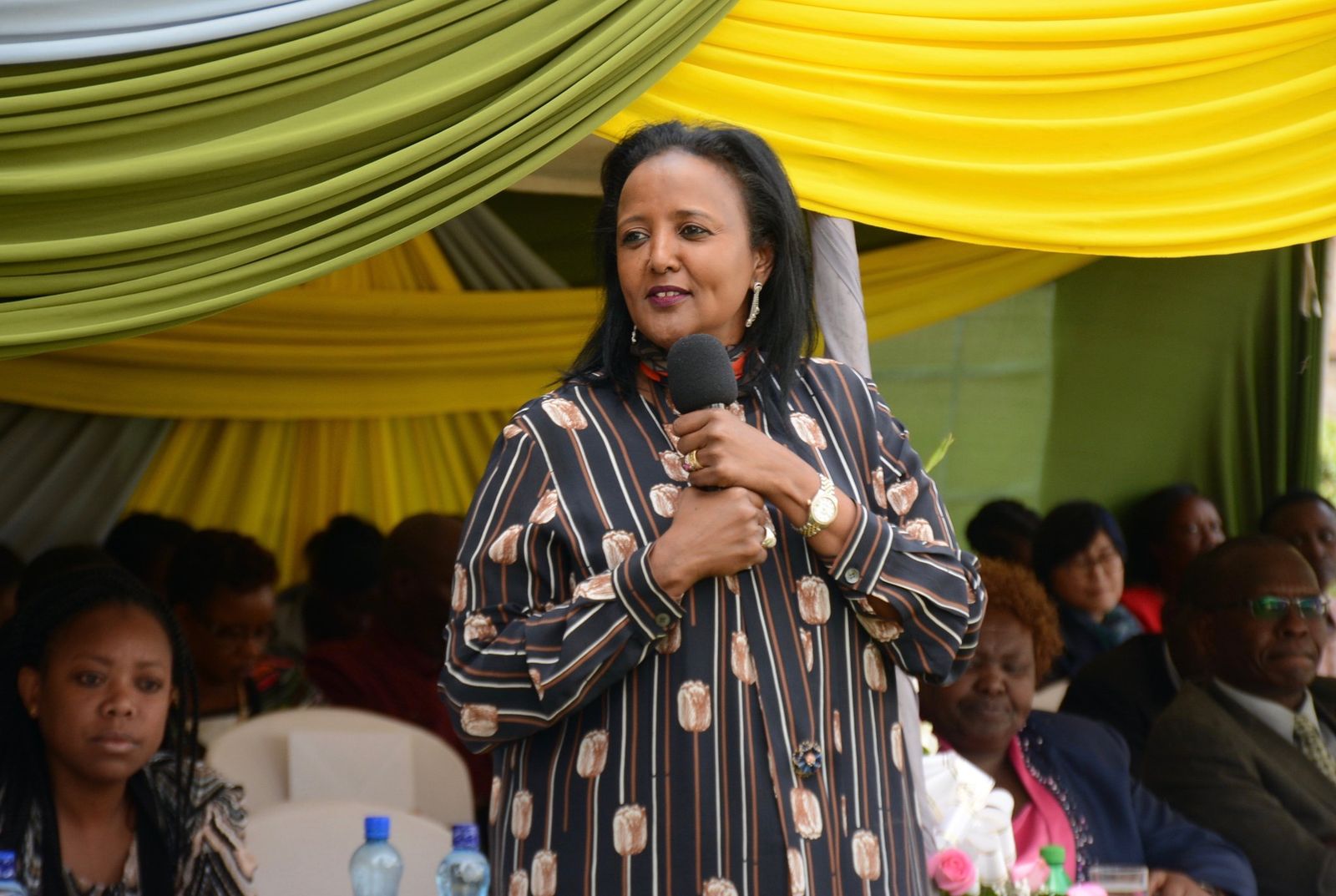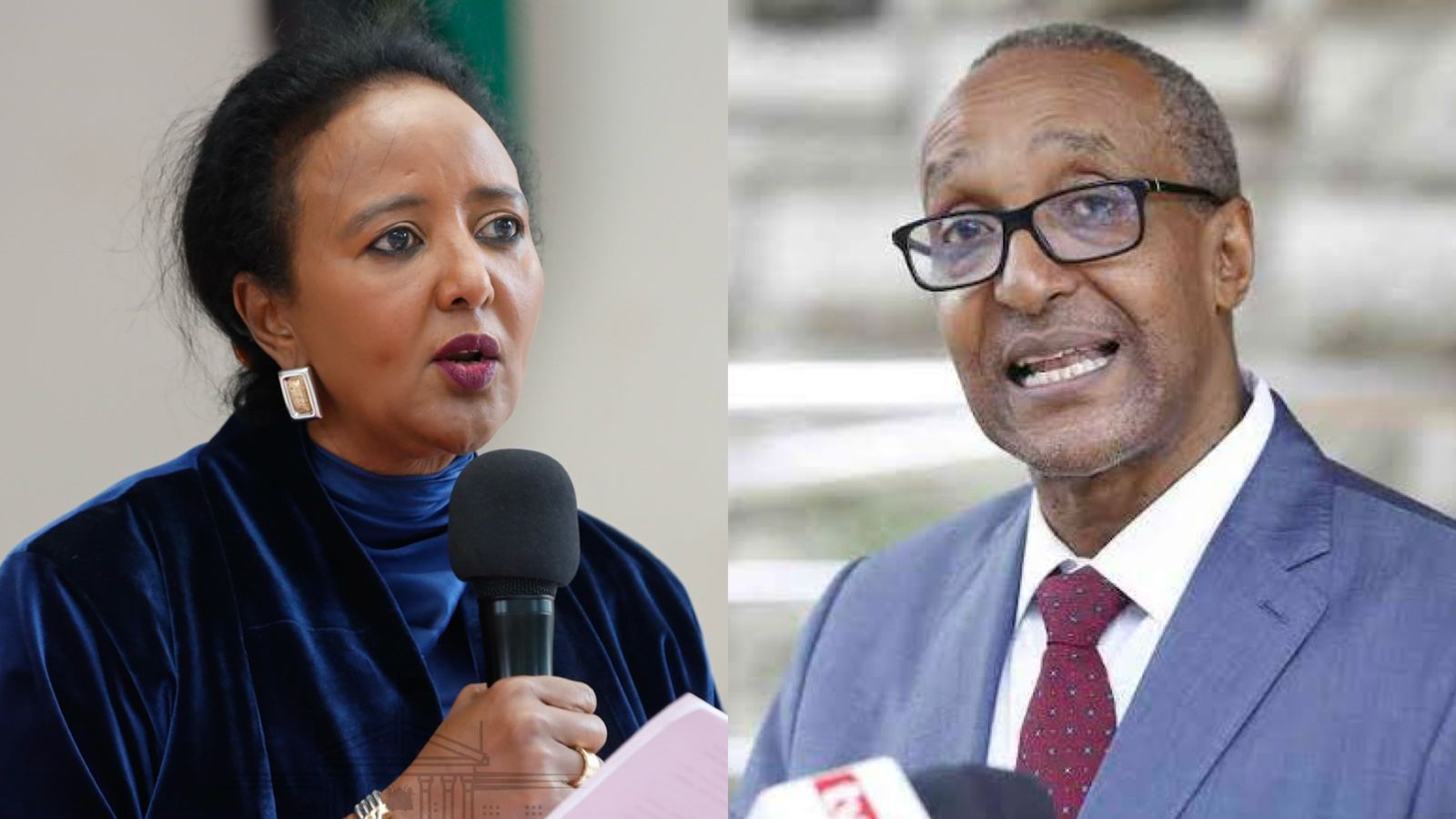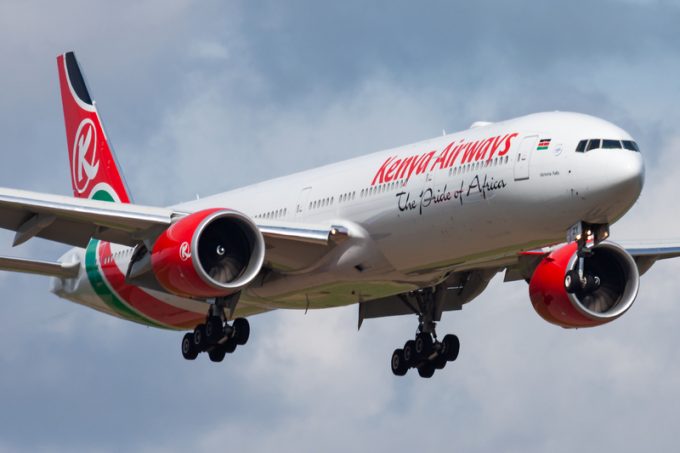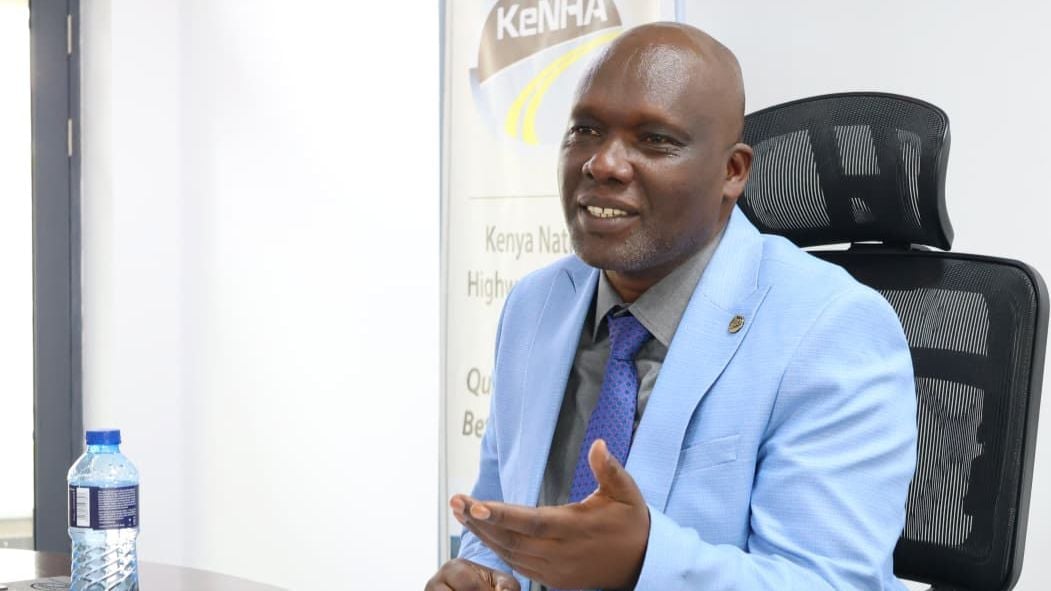Ambassador Macharia Kamau has revealed why former Cabinet Secretary Amina Mohamed might have failed to secure the African Union (AU) Chair seat in 2017, despite being regarded as a strong contender.
In an interview on Friday, February 14, Kamau noted that Mohamed lost the race due to a strategic error in the campaign’s messaging during the crucial final days.
“For the AU, it is fair to say that there was a strategic mistake that was made in the very last days and weeks of that campaign, which had to do with how we vocalized our intentions once we got into the job. This is nothing personal; it is just how it turned out," he said.
Kamau further elaborated that the campaign’s messaging did not resonate well with influential voting blocs, particularly in North and West Africa.
“I think that trade out rather negative in our constituencies in North and West Africa, and it came to haunt us on the day of the election. But I think we were the frontrunners until the very last days,” he added.
Read More
Despite the loss, Kamau acknowledged that Mohamed was a formidable candidate, particularly given her extensive diplomatic experience.
“We did not succeed in those last two campaigns, and we had an excellent candidate in Amina Mohamed, particularly in the AUC seat. She was well positioned, even in the World Trade Organisation (WTO), because of her experience in Geneva, where she had spent a lot of time on various portfolios,” he stated.

The 2017 AU election was rigorous, requiring a two-thirds majority for a candidate to win.
In the initial round, Mohamed secured 16 votes, while her main competitor, Chad's Foreign Minister Moussa Faki Mahamat, received 14 votes.
However, in subsequent rounds, Mohamed's support began to wane, with some East African nations reportedly not honoring their initial pledges.
In the seventh and final round, Mahamat surpassed the required majority, securing 38 votes to win the chairmanship.
Several factors contributed to Mohamed's loss including regional dynamics as some East African countries, including Uganda, Burundi, and Tanzania, did not support Mohamed.
Additionally, Mahamat's extensive experience within the African Union and his strong alliances with Francophone countries gave him a strategic advantage.







